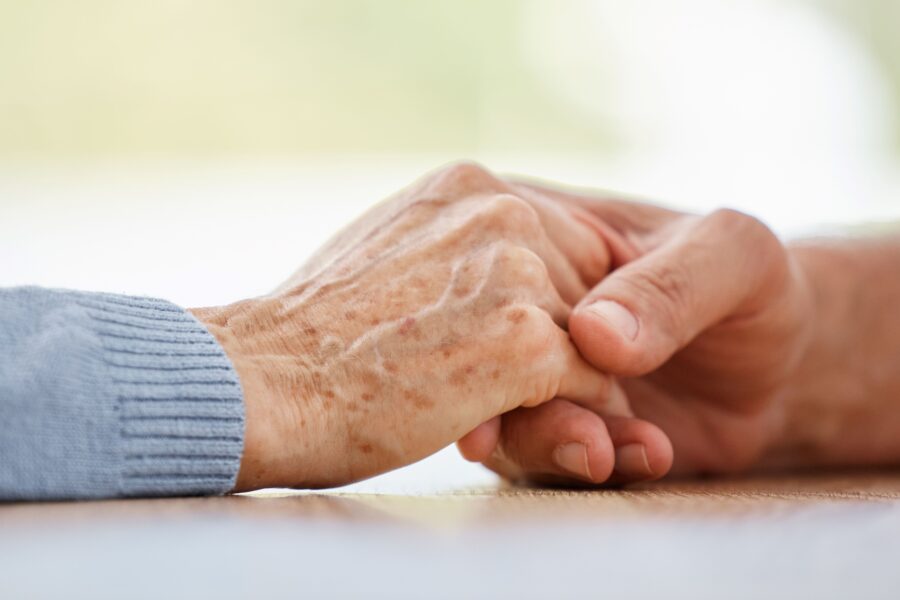Healthy Grieving
Grieving is a normal and personal process that everyone goes through differently. Older people may have experienced multiple losses and be facing their own mortality and subsequently find the grieving process more overwhelming than they would have when they were younger. Here we discuss what constitutes healthy grieving and how those who are grieving can honour their emotions while taking steps toward healing.
Acknowledge your grief
It’s important to recognise and accept your feelings. Grief can manifest in a variety of emotions beyond sadness, such as anger, guilt or even relief. Allow yourself to experience these emotions without judgement.
Seek support
Social support is crucial during this time. Rely on friends, family, or grief support groups where you can share your feelings openly. For seniors, getting involved in community, religious groups or volunteering can provide a sense of belonging and a network of support.
Establish a routine
Maintaining a regular routine helps provide structure and a sense of normalcy. Whether it’s having a morning coffee at the same time each day or attending a weekly book club, routines can offer comfort and something to look forward to.
Memorialise the lost loved one
Creating a memorial or ritual can provide solace. Plant a tree, dedicate a bench, or simply share stories about your loved one. This can help you remember them and celebrate the life they led.
Take care of your physical health
Your physical well-being is deeply connected to your emotional health. Ensure you are eating well-balanced meals, getting adequate rest, and engaging in gentle physical activity, such as walking or yoga.
Consider professional help
If you find your grief overwhelming or it interferes with your daily life, speaking to a professional counsellor or therapist might be beneficial. They can provide strategies and coping mechanisms to help you through this challenging period.
Limit major life changes
It may be best to avoid making any major decisions or life changes while you are still grieving. Allow yourself time to adjust before making significant financial decisions or moving house.
Identify and avoid unhealthy coping mechanisms
Turn away from substance abuse or isolation as coping mechanisms. They can lead to additional problems and interfere with the grieving process.
Grieving is a profoundly personal experience that doesn’t adhere to a timeline. It’s okay to feel fine one day and devastated the next. Seniors may feel the impact of loss more given the likelihood of losing peers and spouses. Remember, reaching out for support can make a significant difference in navigating through grief.
Also read our article on looking after yourself after a loved one dies here.











